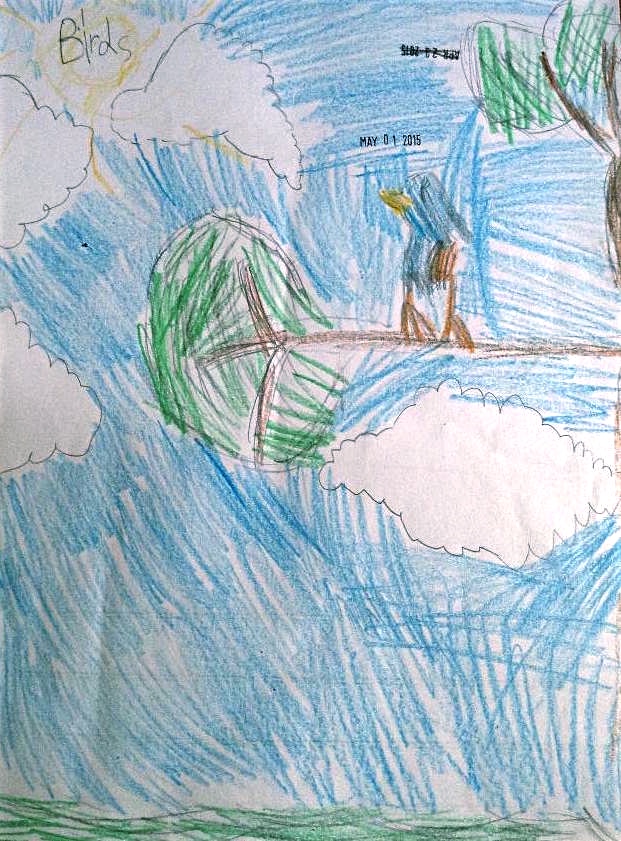Chapter 2: “It’s like we’re learning and having fun!” Writing NonFiction In The Kindergarten Classroom
2.3 Putting It All Together

The freedom and opportunity to write about their world and the topics they are already “experts” on, explicit instruction about the genre of nonfiction and a chance to share writing with an audience were all necessary for my students to take on the risks associated with writing nonfiction. Getting excited about ideas and crafting writing that invited readers in motivated them to build their literacy skills. As students shared books, laughed together, and heard peers spontaneously shout out, “Wow! I loved your book!”, they come to the realize the power their words carried. As one of my students put it, “It’s like we’re learning AND having fun!
While fiction lines my bookshelves and it is so hard to put aside our classic loves like A Letter to Amy and My Lucky Day, young children crave the kind of information that introduces them to and opens up whole new worlds and possibilities. Intentional instruction of nonfiction helps move their work from the ordinary information of their daily lives to the type of writing that will stretch their understanding of the world around them, enhance language skills, support beginning literacy skills and motivate them to read, write, and learn even more.
Much of the writing our children will grow to do will be nonfiction: emails, blog posts, work proposals, appeals to community leaders for policy change. Simply exposing them to the genre is not enough. They need to read different types of nonfiction, live in great books, dissect them, pull apart details, and study how writers craft language to achieve a certain outcome. They need to have time to try it out themselves, to experience the disappointment when readers don’t quite understand, to struggle through revision, and to experience the delight of an audience after having shared their understanding of the world. They need to experience the intimidation of starting with a blank page and the joy of creating something others read and are entertained by. As teachers of young children, it is our responsibility to expose children to nonfiction and allow them to try out being nonfiction writers with our guidance and support.